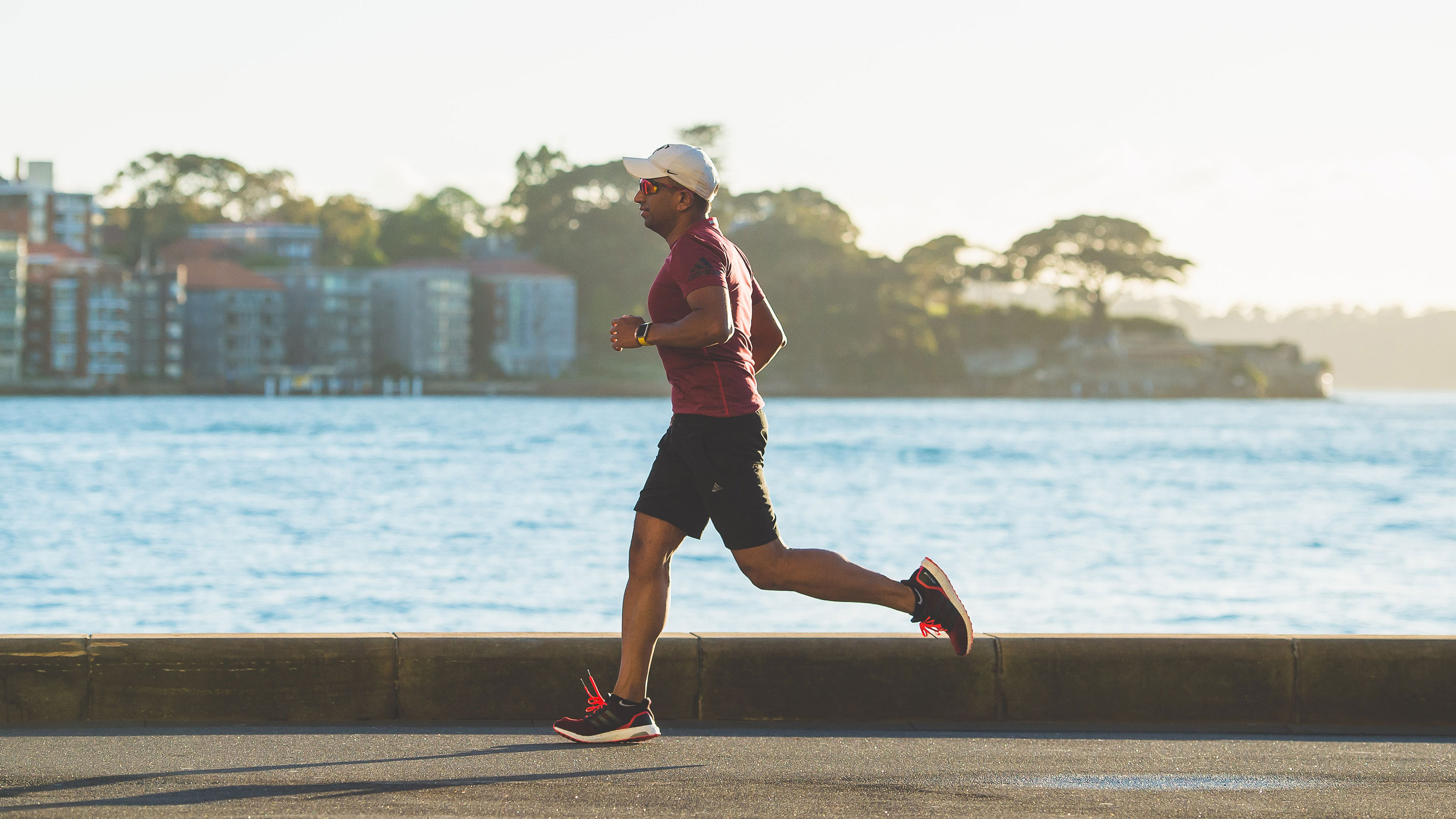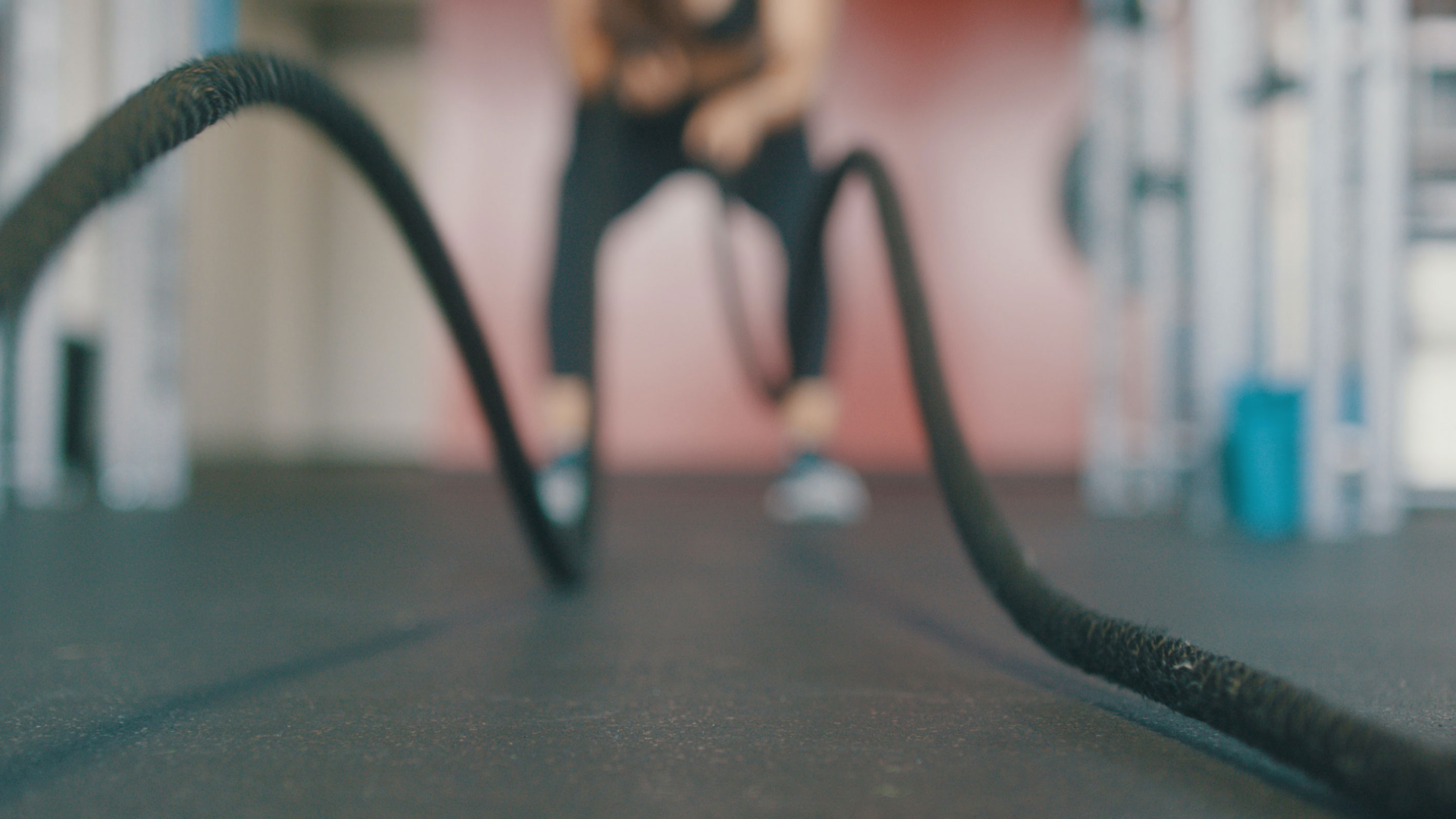Three ways to power past a weight loss plateau
Weight loss plateaus tend to happen between six months to a year after you start your fitness journey. Here's how to smash through


Start your week with achievable workout ideas, health tips and wellbeing advice in your inbox.
You are now subscribed
Your newsletter sign-up was successful
During the first few weeks of your fitness journey, a rapid drop in weight and an increase in muscle is normal. This is a phenomenon known as "beginner's gains". After a certain amount of time on your weight loss journey, you might start to notice your progress stalling, in which all the exercise and diet plans that have worked so far seem to be having no effect. This is a perfectly normal stage of a long-term fitness journey: this is a weight loss plateau.
- NEW: Are sit ups damaging your spine?
- Best fitness tracker deals
- The best exercise machines for weight loss
In one study published in the American Journal of Clinical Nutrition, researchers from the Montclair State University set out to examine the stabilisation of weight loss. It was found weight loss progress commonly tends to stall around six months, due to intermittent on-off adherence to your weight-loss diet plan.
However, the researchers studied models of dynamic energy balance, finding weight loss plateaus also hit between one and two years into your fitness journey. Even exceptionally high adherence to a weight loss diet would result in a weight loss plateau.
It's a normal part of your fitness journey, so try not to get discouraged: giving up on your regime at this stage can cause you to go back on all your hard work. Instead, stick with your diet and try a few new ways to break the cycle. We've found three unconventional ways for you to smash through the plateau and get back on track to continue your weight loss journey.
Weight loss plateau-buster: Mindful eating

Mindful eating, or "the art of presence while you eat", is all about turning off the TV, phone, computer and all other distractions while you eat, concentrating wholly on the food itself.
When you concentrate on your food rather than eating while distracted, you are more likely to eat less, as you take longer and are more aware of feelings of fullness. Studied in the journal Diabetes Spectrum, the researcher noted it was "highly likely that people who adopt mindful eating as a regular practice will lose excess weight and keep it off".
Weight loss plateau-buster: High-intensity exercise

If you've been walking for weight loss or jogging longer distances, it's time you switched up your workout to a different discipline. Rather than just migrate from jogging to swimming or cycling, look at the intensity in which you're performing your chosen exercise.
Start your week with achievable workout ideas, health tips and wellbeing advice in your inbox.
A long, continuous jog is known as "low intensity, steady-state cardio". Sprinting instead of jogging, with short rest period in between each burst of speed, is known as "high intensity interval training" or HIIT. This has been found to be more effective at weight loss than LISS exercises, speeding up your metabolism to help you power through that plateau.
Weight loss plateau buster: Build muscle

As well as HIIT, try strength exercises like deadlifts with dumbbells, shoulder exercises and squats. Although building muscle might not seem like the priority when trying to lose weight, building muscle actually changes your body composition, Because muscle weighs more than fat, you might not lose as much weight in terms of raw kilos, but you will be fitter and stronger.
In addition, the more muscle you have, the higher your resting metabolism is. Muscular individuals naturally burn more calories, even at rest, than individuals with less muscle. In a weight-loss rut? Switch your goals from losing kilos to lifting kilos and see the results.
Liked this?
Matt Evans is an experienced health and fitness journalist and is currently Fitness and Wellbeing Editor at TechRadar, covering all things exercise and nutrition on Fit&Well's tech-focused sister site. Matt originally discovered exercise through martial arts: he holds a black belt in Karate and remains a keen runner, gym-goer, and infrequent yogi. His top fitness tip? Stretch.
